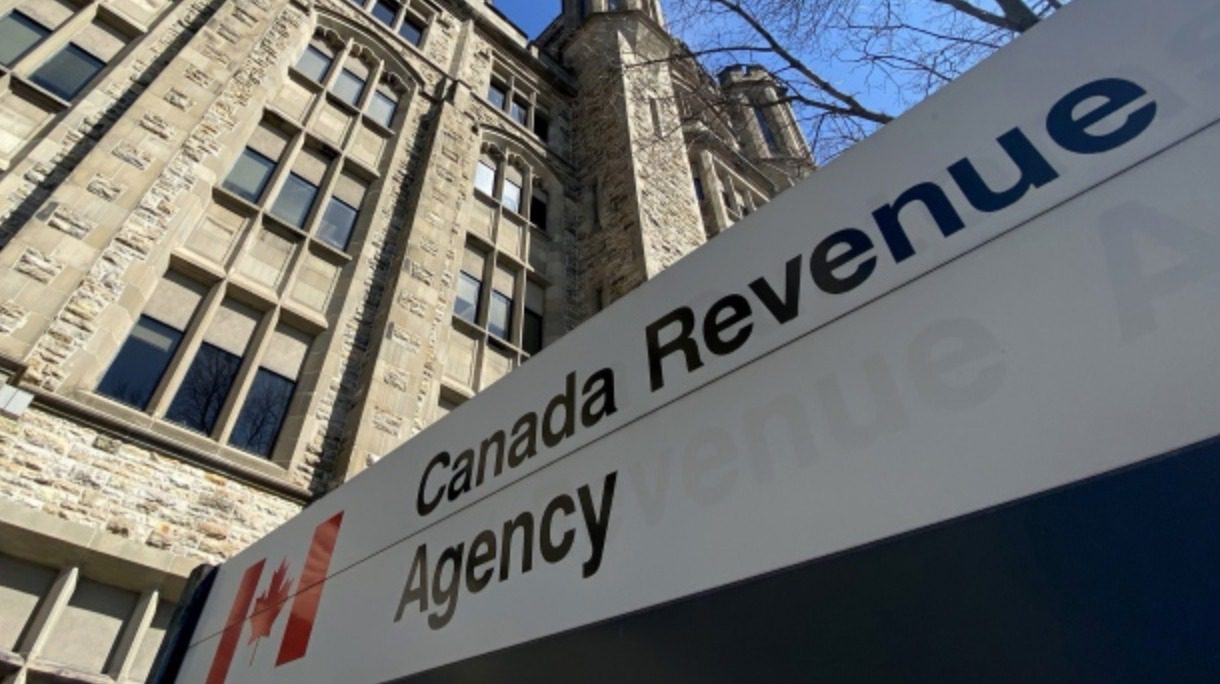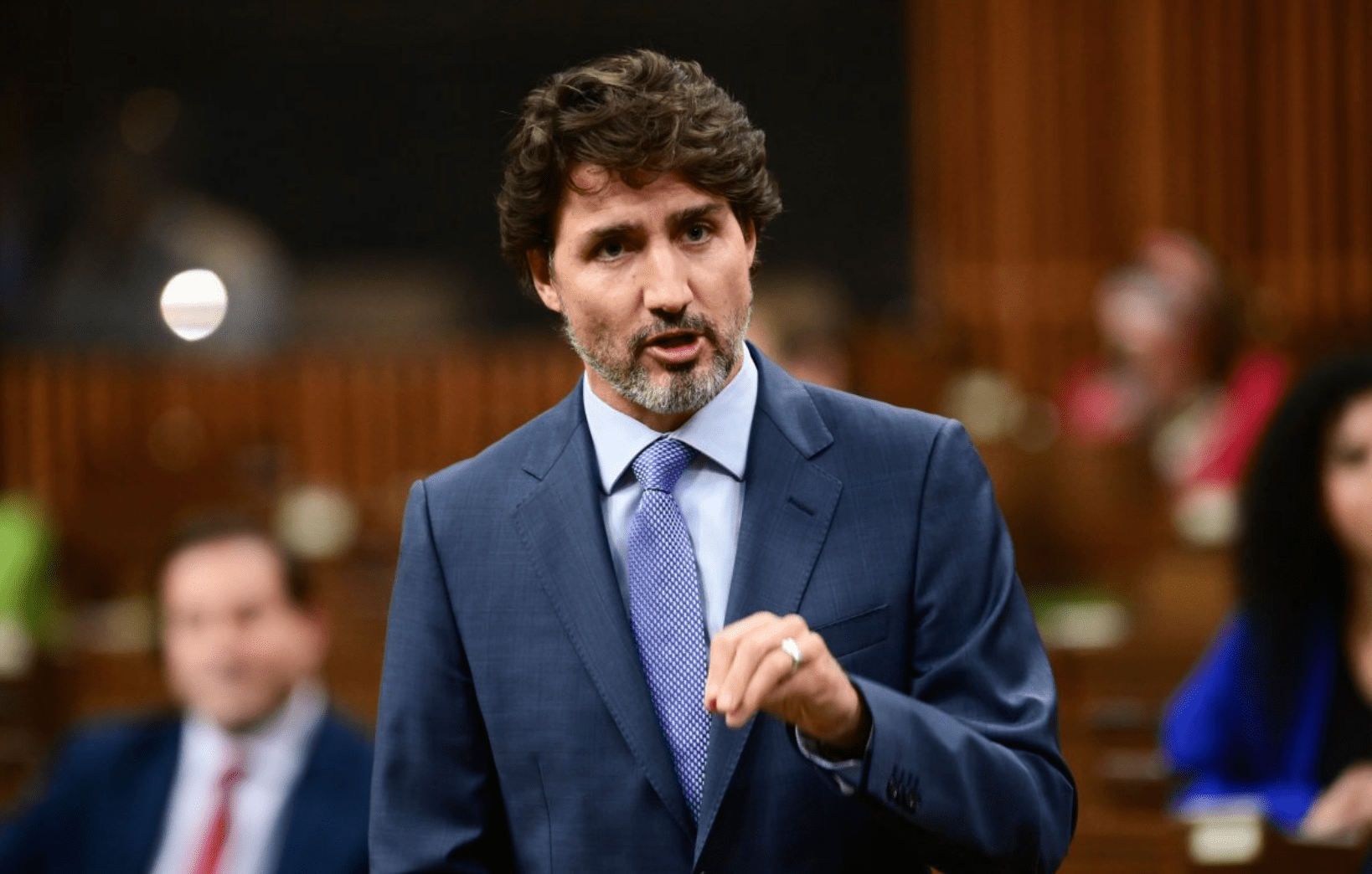From a certain perspective, the CERB was a triumph for the government early in the pandemic an income replacement program that allowed people to remain home and stay safe from the pandemic amid widespread economic shutdowns, and it was designed and implemented in record time. It was a bit of a blunt-force instrument designed without a lot of subtlety or nuance, and that showed in some of the problems that emerged as it went along. Now, as the program has been wound down in favour of other benefits, a new problem has emerged as the CRA has sent out tens of thousands of "education letters" to mostly self-employed Canadians who accessed the benefit, telling them that they might not have been eligible for it after all, and that they might need to repay.
The issue has to do with whether one made $5000 in gross or net income in the twelve months prior in order to be eligible for the benefit. At the time, it was not specified whether it should have been net (after deductions and taxes) or gross merely that one needed to have earned $5000. That was the message that was broadly communicated, and that's what people believed. Now it turns out that at some point after the program went live, the CRA went onto their site and quietly updated the criteria to say that it was $5000 net income, but didn't announce this, and it took journalists using the Wayback Machine to find out when the changes were made.
Now the government finds itself with a problem understandably so. Once again, because of their inability to communicate their way out of a wet paper bag, they have a number of self-employed people including a number of artists unsure of whether they have to repay thousands of dollars, with letters sent to them just before Christmas.
The minister in charge of the program, Carla Qualtrough, is mercifully one of the only ministers in Trudeau's Cabinet who is capable of speaking with candour, and she does seem to grasp that they ballsed up the communication on this issue.
"In my mind, I'll be super honest, I knew it was net income from the beginning," Qualtrough told Maclean's in an interview this week. "That intuitively made sense to me, because that's how CRA always calculates self-employment income. The eligibility has not changed."
Well, it certainly appears to have changed because nobody said that it was net income when applications opened. If you don't communicate what the rules are and then "clarify" them in a way that is different from what had been said, then it certainly looks as though those rules changed.
"Clearly, we could have communicated it better because there's a massive misunderstanding now that I feel really badly about, because I don't want people to feel as though somehow we changed the program, or somehow they were misled," Qualtrough told Maclean's. "I feel very bad that there are people in this position now who through no fault of their own honestly believed they were entitled to this, and now may be in the position of paying it back."
Admission of responsibility is refreshing, but what does that mean for the people who got these letters? Qualtrough and Justin Trudeau have both stated that there is no need for immediate repayment, as some have been worried about, and in some cases, it's just about the CRA not being able to verify their previous year's income, so these people need to file their taxes so that they can be shown to be complying. But those who applied in good faith and fell short of the $5000 net income requirement?
"I think people are going to have to repay it," Qualtrough said. "We're going to work with them on when, how much per month. Right now, CRA is doing no collections of new debt. People don't have to repay it now. The CRA is saying that until it's reasonable to do so, they won't be collecting anything. Their collection activity has been halted."
In an interview with CBC, Trudeau said the government would work with individuals on a case-by-case basis when it comes to possibly waiving repayments altogether.
"Obviously lots of people are in different situations," Trudeau said. "Some of them are extraordinarily vulnerable, some of them made the mistake and would be able to pay back as tax time approaches. […] The system needs to be fair but it also needs to be there to support the most vulnerable. That's the decision we took from the beginning — we'll have Canadians' backs."
But again, this goes back to being a problem of the government's own making, where they didn't make it clear from the start that they were talking about net income, and that's going to matter if they demand people start making repayments, and because there are receipts that journalists dug up, they risk opening themselves up to a class-action lawsuit. Already the NDP are making hay of this, and will take credit if the government does back down and waive a significant number of these demands. (The Conservatives, meanwhile, can't seem to make their minds up by demanding the government punish CERB fraud while demanding that the CRA not conduct compliance audits for small businesses availing themselves of the wage subsidy).
One way or another, the government is going to wind up paying for this blunder because of their inability to properly communicate the eligibility to the program. Either they will pay by waiving those demands for people who acted in good faith and were misled by the government's wrong information on the website, or they will pay in class-action damages or ultimately, they will pay at the ballot box when they look like they targeted vulnerable Canadians at a time when there were corporations who issued shareholder dividends when they applied for the wage subsidy. It's up to Trudeau to decide which one will be the least costly for him and his party's fortunes.
Photo Credit: Bloomberg












